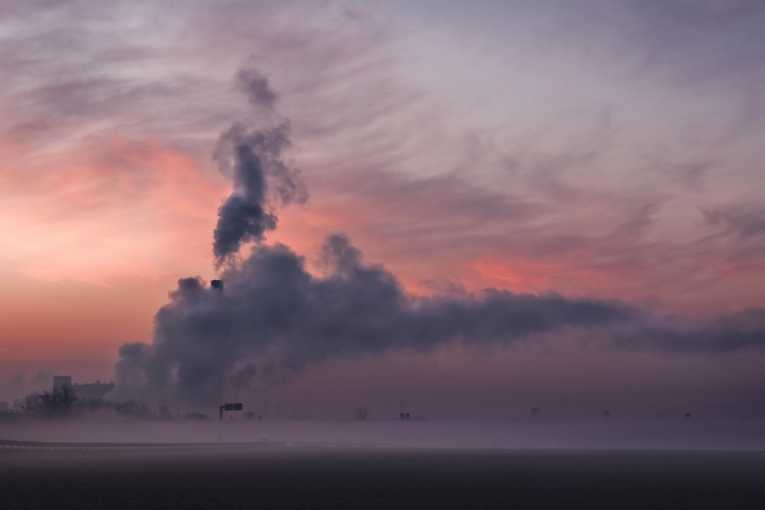The Kyoto Protocol is an international agreement linked to the United Nations Framework Convention on Climate Change. The major feature of the Kyoto Protocol is that it sets binding targets for 37 industrialized countries and the European community for reducing greenhouse gas (GHG) emissions
Now delegates from more than 190 nations are in the 17th Conference of the Parties (COP17) to the United Nations Framework Convention on Climate Change (UNFCCC) in coastal city of Durban , South Africa, (from November 28 -December 9, 2011), where thousands of representatives from governments, international organizations and civil society are meeting to try to break a four-year stalemate to secure a new global treaty that will bind countries to cut and slow down growth in emissions of six main greenhouse gases and advance ways to cut global carbon emissions and pollution.
The major agenda at Durban is the fate of the Kyoto Protocol, the only legal instrument in place to limit global greenhouse gas emissions, whose first commitment period is about to expire in 2012. The European Union said the world's three nations that pollute the most are the biggest obstacles to setting a time line to a legally binding pact on global warming and that it won't "cave in" on its demands.
"China, the U.S. and India seem the most reluctant to sign up to the EU's 'road map' pointing toward the next climate treaty after the limits in the current one expire next year, have refused to commit to legal targets, raising the prospect that no country will have targets to cut emissions after 2012" said Artur Runge-Metzger, the EU's lead envoy on the environment.
China has previously said it supported legal targets for others, but not for itself. Oxfam senior climate change adviser Kelly Dent said, "This increases the pressure on the U.S." U.S. lead negotiator, Jonathan Pershing, told journalists earlier in the day that the world's No. 2 emitter would not take on legally binding cuts because it did not believe that major emerging economies would do so.
The European Union maintained its position that it supported the Kyoto Protocol, based on certain conditions. They're pushing for all major economies to agree on a legally binding framework for climate action. But they realize that this may not happen until 2015. The EU wants the largest emitters to agree by 2015, meaning that would require China and other developing nations whose emissions weren't capped under Kyoto to accept mandatory targets.
"Since the EU is the only group of parties that is ready to consider a second commitment period (under Kyoto) we are ready and willing to engage constructively with the EU," said Su Wei, China's lead negotiator.
Time is running out to reach agreement on a deal for meaningful cuts in the emissions blamed for worsening storms and raising sea levels to a point that would wipe out several small island states, experts said.
The talks end on Dec. 9 and South Africa's President Jacob Zuma signaled the host is looking for a deal that puts more of an onus on rich nations to cut greenhouses gases than the developing nations most harmed by rising temperatures.
Although a number of the parties at the negotiations have put forward time frames by which a legally binding agreement should be in force - ranging from 2015 to 2020 - the US has held firm that such an agreement need only be made after 2020.
The expert also says China would need to spend more than 1 billion Yuan or nearly 160 million US dollars, on energy conservation and developing renewable energy by 2020, to honor its commitment to reduce carbon intensity.
"It was 'not against legally binding treaty' but will not agree to any such instrument till its implications were clear", said by Indian chief climate negotiator and special secretary in environment ministry J M Mauskar came a day after China agreed for a legally binding climate treaty after 2020 in a bid to fuel the slow pace of negotiations at Durban.
Canada and Russia have bluntly refused to sign another target under Kyoto, while Japan on Friday asked for a fresh look at the issue, with a new treaty that encompasses all major emitters.
The Kyoto Protocol binds the signatory countries to combat climate change and reduce carbon emission to serve overall goal of this international agreement. So its need of hour to must sign the treaty and truly try to reduce the green house gases.
It is pertinent to mention here that Asia was worse hit area due to severe climate change mainly Pakistan is one of the countries that have been severely hit in the recent years by disastrous effects of climate change including flash floods and devastating earthquakes.










